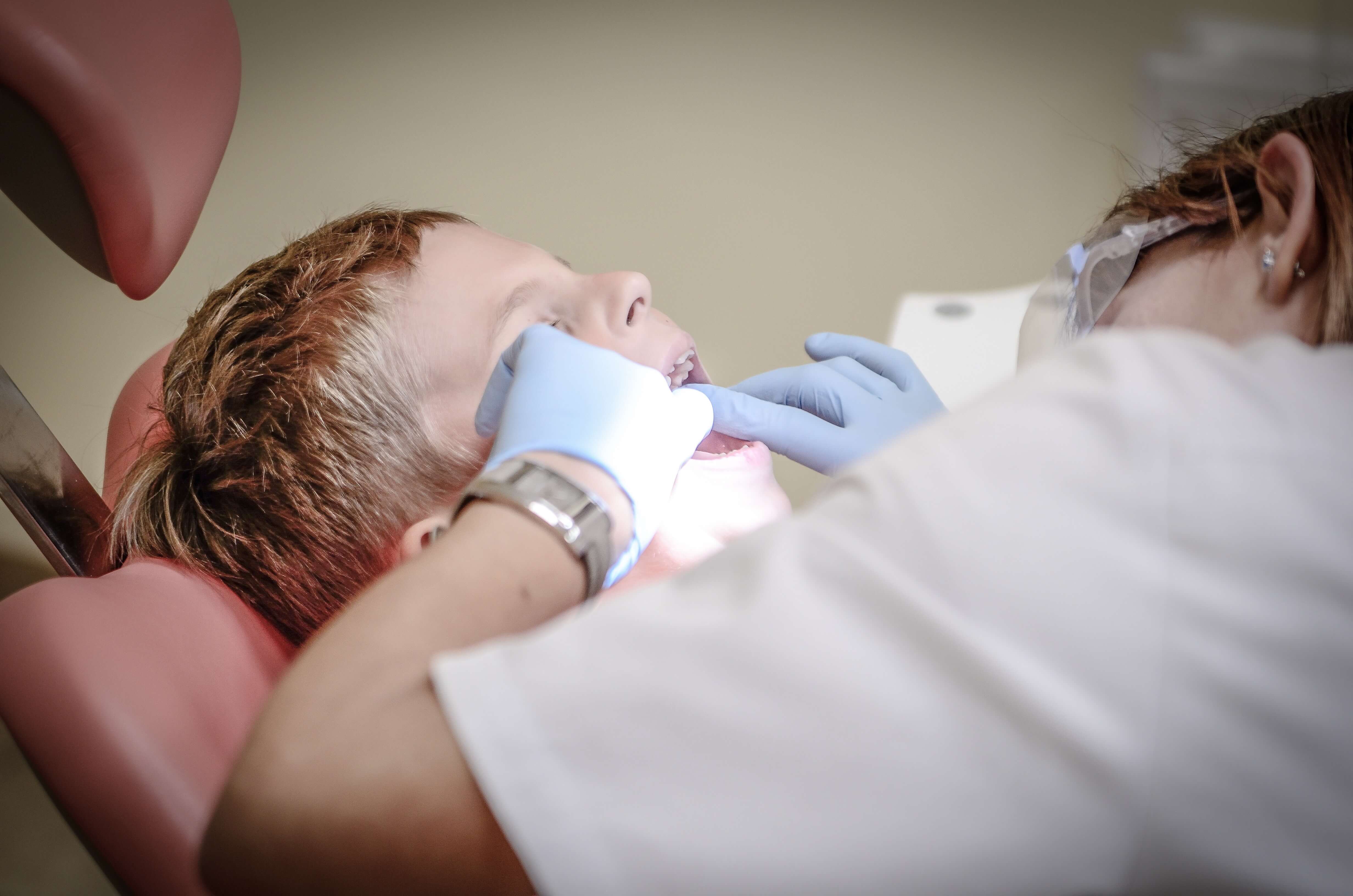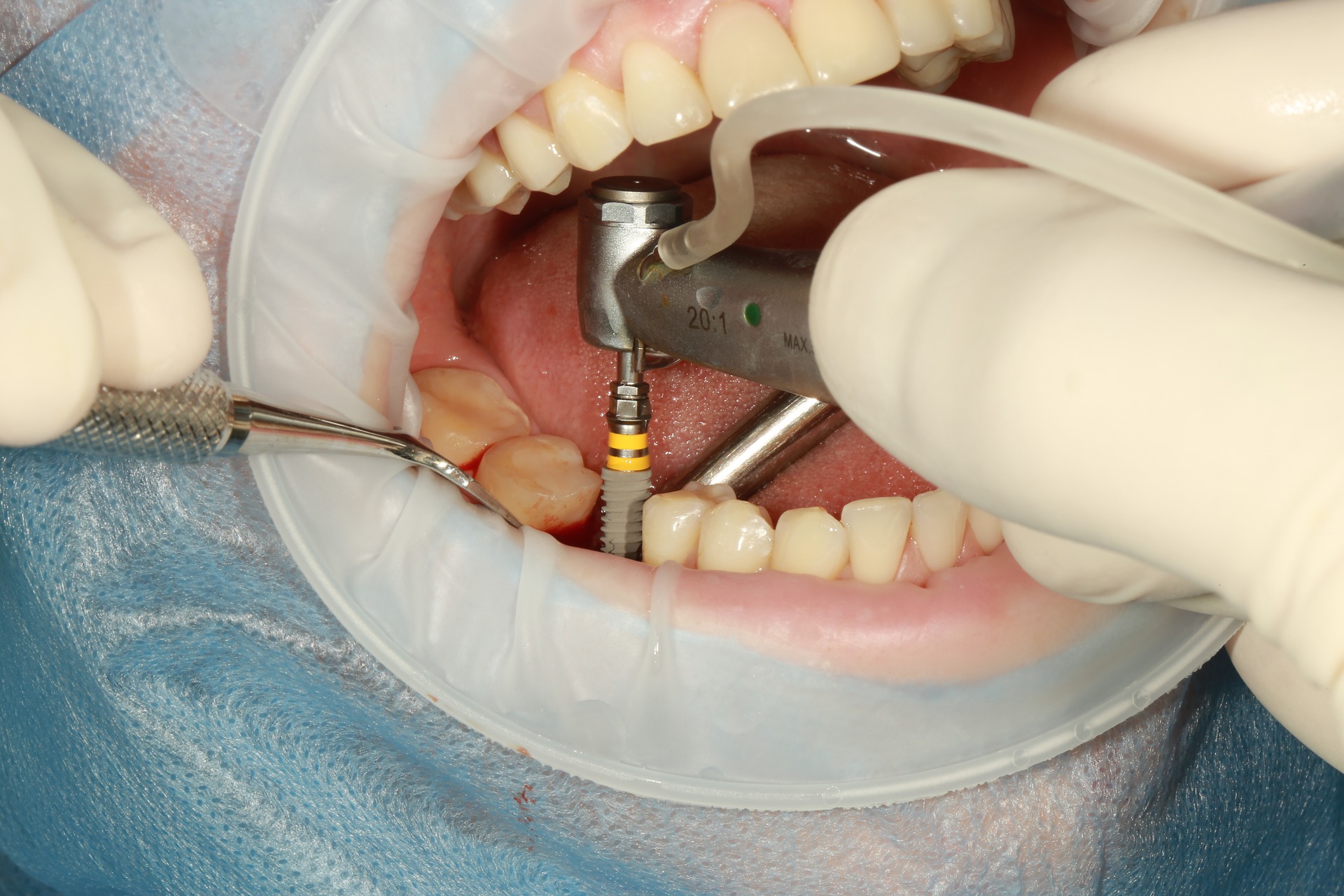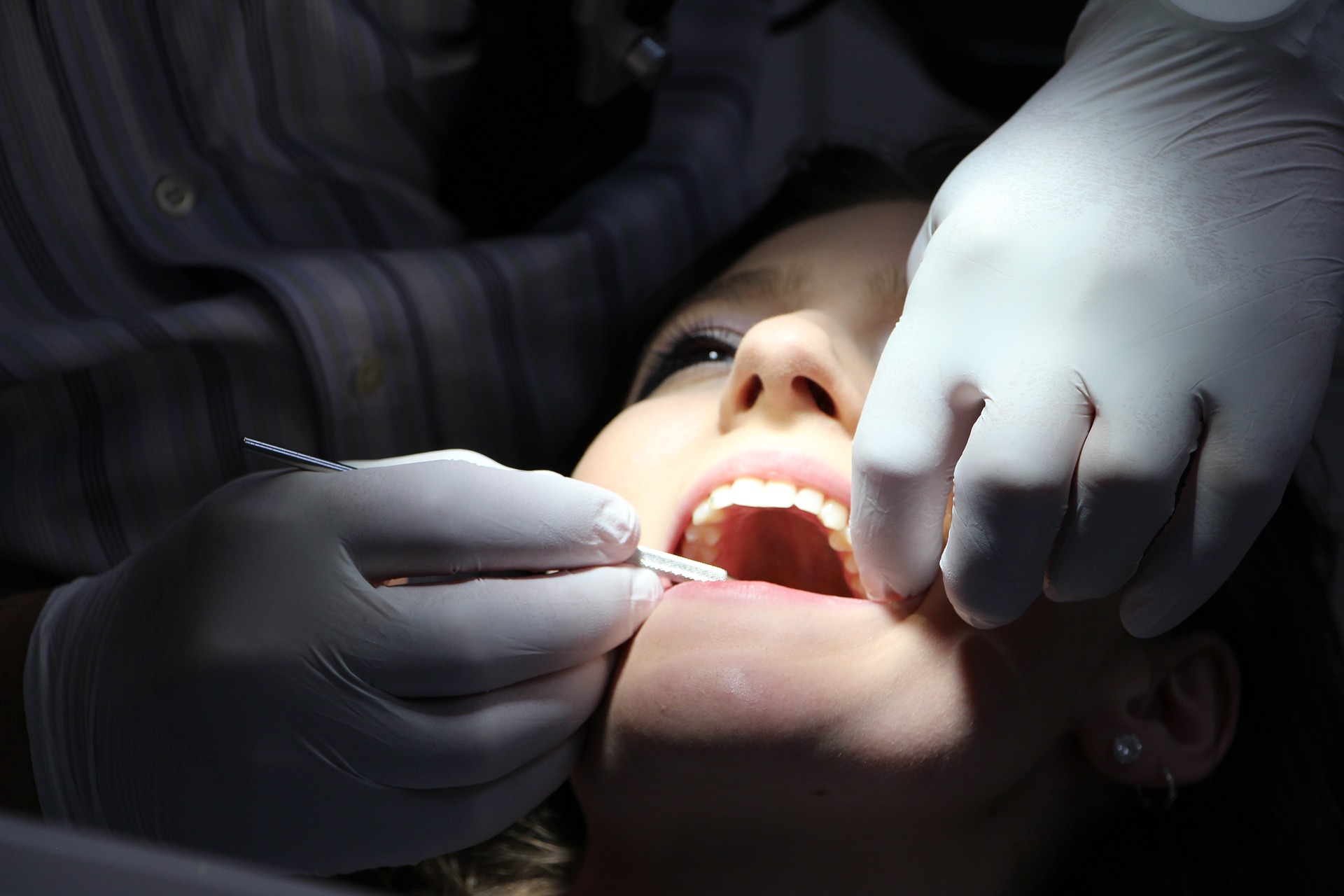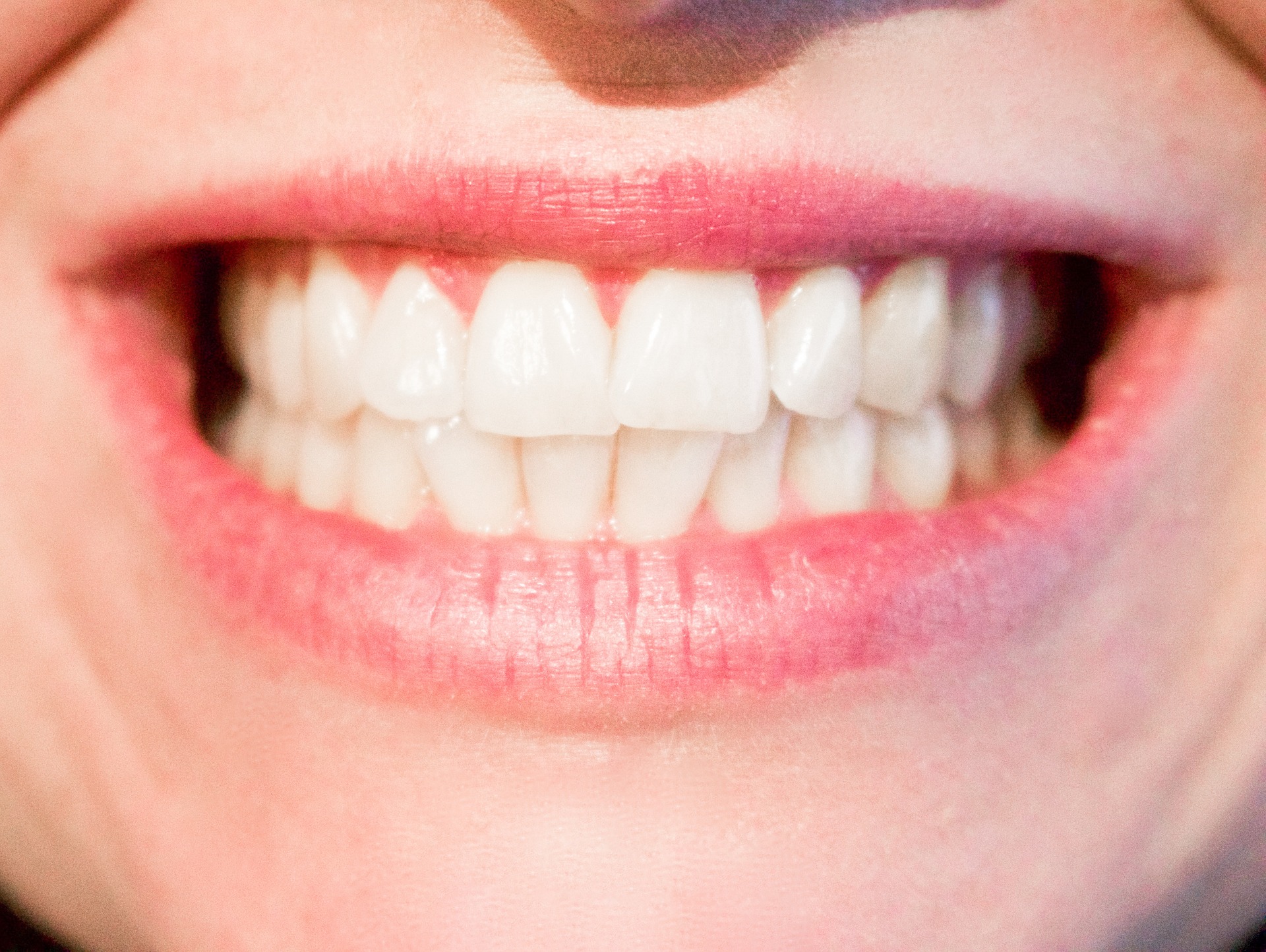Having healthy pearl-white teeth is a dream for everyone. After all, who wouldn’t want a million-dollar smile? However, having healthy teeth goes way past the aesthetics – it is more about functionality and the fact that everyone wants to enjoy good food without feeling any pain while chewing or getting annoyed when a popcorn kernel finds its way around and gets stuck in a hole of a missing tooth.
Losing a tooth is a dreaded thing for all of us, but unfortunately, it happens to a lot of people because of different reasons such as accidents, extreme cavities, illnesses, or injuries. If you have one such problem, the good news is that at least you live in a modern times when you have different options for fixing the problem. You might be considering a dental bridge or a removable denture, but dental implants are dentistry’s most advanced and comfortable solution yet. Before getting dental implants, there are a few things that you should take into.
Types of Dental Implants:
Dental implants can come in two forms: titanium or zirconia dentures. Titanium implants are more common and they have been used in the U.S. since the 1960ies. Zirconia dentures are relatively newer and they appeared on the market in 2007.
Titanium has been used for a long time in medicine for hip and knee replacement. It is an extremely durable, lightweight material that is resistant to corrosion, making it perfect for medical needs.
Zirconia, on the other hand, is not a metal, yet comes close to the durability of titanium implants. If you need help deciding which one is the right option for you, you can contact a dentist in Pensacola. Generally, you should pass on the titanium implants if you have a titanium allergy.
Success Rate of Dental Implants:
You might be surprised by how many people have already got dental implants! According to the statistics, over 3 million people in the U.S. only have at least one dental implant and the number is continuing to grow by another half a million each year. You might think that you don’t know anyone who has had one such implant, but if you ask around you will probably be surprised. The reason for that is that implants look natural and if someone hasn’t specifically told you that you possibly haven’t even noticed.
Whichever option you choose – titanium or zirconia implants, they both have a very high success rate of 98%.
The durability of Dental Implants:
While dental bridges are made to last up to 10 years, dental implants are much more durable. Due to the fact that they are made out of high-end materials, they can last between 30 and 50 years.
So actually, they are pretty much permanent!
Another contributing factor to the durability is that they are directly implanted in the jaw bone so you don’t have to worry about losing them as you would do if you had removable dentures.
Dental Implants Protect Other Teeth:
When people would lose a tooth, the most commonly used method of replacing it was by using dental bridges. However, even though bridges might be a good solution for some, sometimes it means that the healthy teeth also need to be cut or adjusted so the bridge can be fitted properly.
With dental implants, you don’t have to worry about damaging the neighboring teeth. The implant is independent, and bridges and crowns can be positioned on it without doing any harm to the healthy teeth.
Cost of Dental Implants:
The dental implants cost mostly depends on where you live and which dental implant clinic you decide to go for. For example, dental implants in Pensacola, Florida, for a single tooth usually cost between $3000-$6000. However, this is a very rough estimation, and it all depends on the type of implants or additional procedures that might be needed such as X-rays, bone grafts, or CT scans.
To get a proper estimate, contact a family dentist near you and spare yourself the trouble of guessing the price.
All On 4 Dental Implants:
All on 4 dental implants refer to the procedure where all of the patient’s teeth are replaced with implants. However, not every tooth is replaced separately, but four implants are used for each jaw, hence the name.
An all on 4 dental implants procedure is quite a complicated one, and it is actually a surgery where you would need to be given anesthetics. Due to the complexity and the scope of the operation, there will be a healing process that can last for several months until you start to feel the implants like they are your own teeth.
All 4 implants costs, again, depending on different factors, but roughly, they cost between $20.000 and $35.000 per jaw. For a more accurate quote, contact a specialized clinic for dental implants in Pensacola.
Give Your Confidence a Boost:
Probably the most evident reason for dental implants is the way they look – real. If you have a missing tooth, you know that sometimes it is a real confidence killer. You might even avoid smiling because you don’t want the hole to be too visible.
If you are looking to gain your confidence back and smile without worrying, getting a dental implant is a right thing to do. On top of that, considering that implants are placed into the jawbone, you will feel as if your natural teeth are back again. You will find it incredibly easy to chew food and the bite force they can endure is almost the same as for natural teeth. The case is different with removable dentures since they can fall off or cause discomfort, which is why implants are considered the better option.
Modern dentistry made life easier and happier for many people and it can do the same for you. If you are ready to step on a path towards a new you, a dentist who specializes in dental implants can help to set you on the right track. Dental implants are a long-term investment to a better you, and putting our trust in a professional and experienced dentist is the first thing to start with.
Read Also:

























